* American manufacturers have invested millions of dollars in transitioning to energy efficient lighting as a result of the EISA 2007 provision. Delay in enforcement undermines those investments and creates regulatory uncertainty.
* The inability of DOE to enforce the standards would allow those who do not respect the rule of law to sell inefficient light bulbs in the U.S. without fear of enforcement, creating a competitive disadvantage for compliant manufacturers.
* EISA 2007 gave state attorneys general the authority to enforce the standards. A lack of DOE enforcement will create consumer confusion resulting from a patchwork of state enforcement and place manufacturers in an intolerable position due to uneven and potentially unpredictable enforcement.
The National Electrical Manufacturers Association (NEMA), which represents more than 95% of the U.S. lighting industry, “remains committed to and supportive of the lighting standards established in the Energy Independence and Security Act of 2007 (EISA 2007),” according to a press release from the organization, further stating that it “did not support the inclusion of this rider, which imposes funding limitations on the Department of Energy (DOE) to enforce the light bulb standards for FY2012.”
Opponents of the energy standards believe the incandescent lamp is being banned, limiting choice, but that is not the case. All the energy standards do is raise the bar on efficiency for certain classes of lamps, and incumbent technologies must step up or bow out. Consumers will retain choice after the standards begin to go into effect in 2012, including incandescent/halogen, CFL and LED.
Basically, the opponents of the energy standards have created a legal provision making it easier for disreputable companies to break the law and sell non-compliant bulbs, hurting legitimate manufacturers that respect the law, while creating confusion and waste in adoption.
New: Check out Ban The Bumbling, an editorial by the Designers Lighting Forum of New York, for another voice on this issue.






You must be logged in to post a comment.